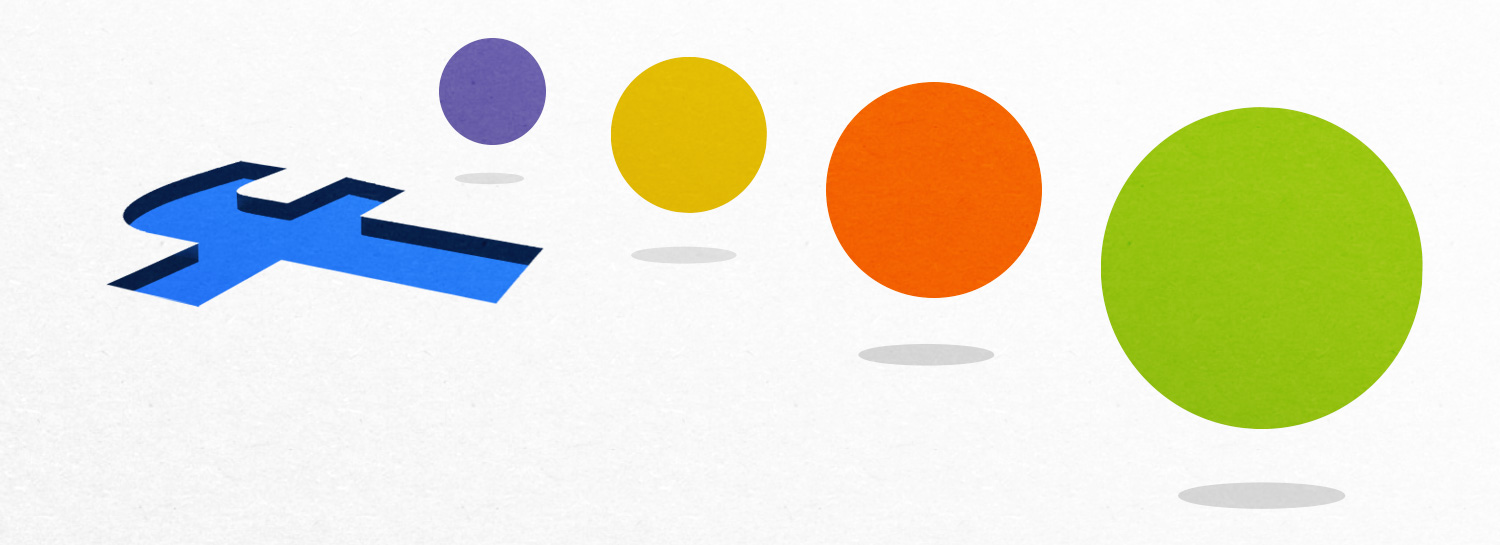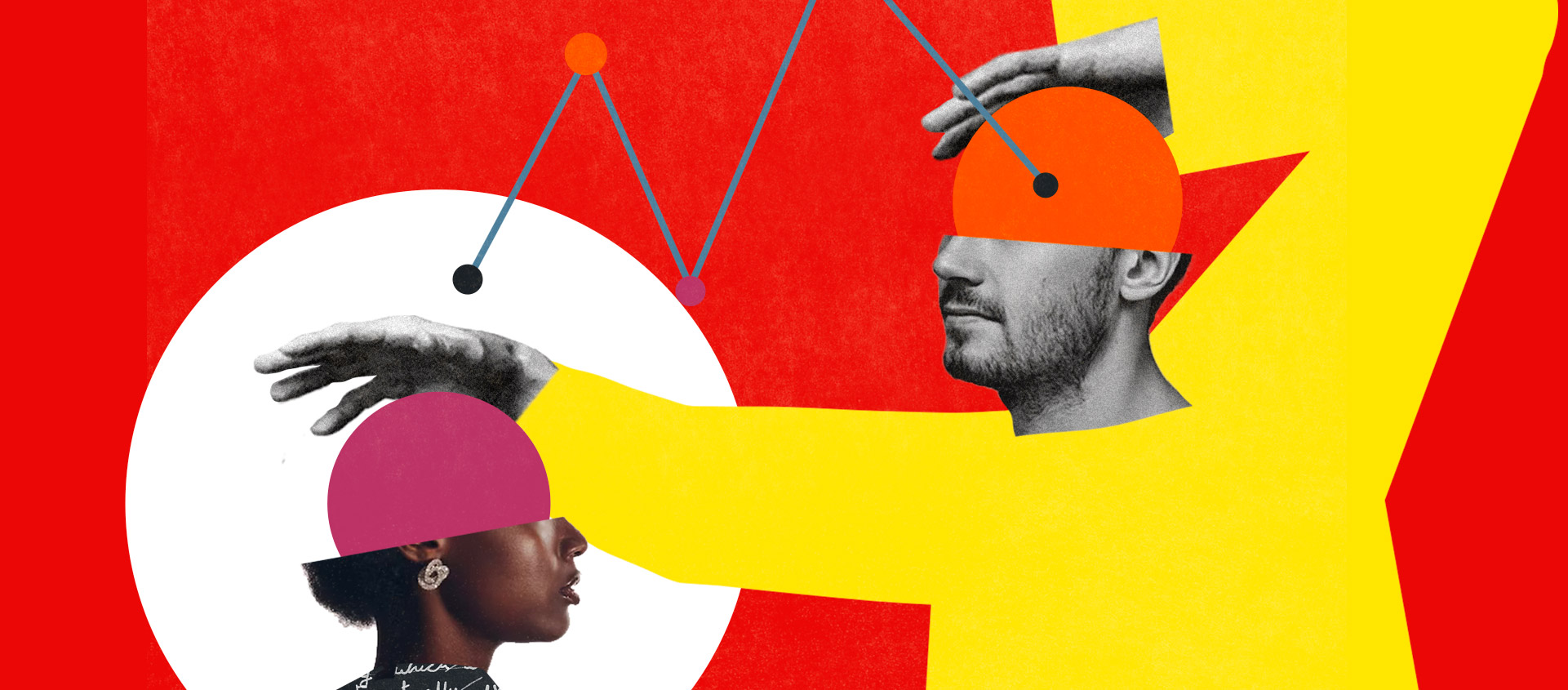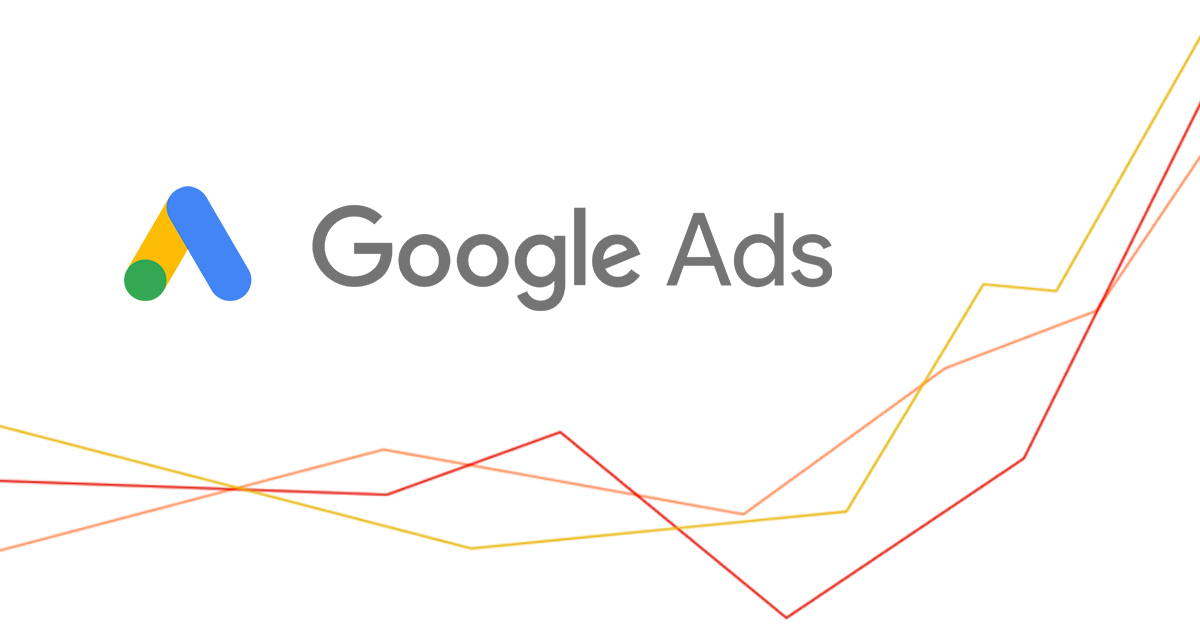Facebook is currently the most popular social network. They are boasting over 2.45 trillion active users in 2020. However, in 2018, Business Insider magazine published a survey revealing that 9% of people polled had deleted their Facebook account and 35% of its users were considering leaving the social network. More recent studies indicate that 45% of American Facebook users have considered leaving the social network compared to 22% of Instagram users. Why would anyone want to leave Facebook?
Scandals and Data
There are many reasons users want to exit the social media giant. Political scandals appear to be one of the primary reasons driving the exodus: the Cambridge Analytica outrage, the secret meetings between Zuckerberg and President Donald Trump, and the massive user data leak that have damaged customer trust. It’s no surprise that Facebook has an advertising-driven business model focused on selling personal information for commercial purposes. However, most users didn’t realize the platform used their data to create political propaganda. The more aware users are, the more concerned they become about how companies use their personal information.
The Chamber Effect
Another reason users leave Facebook is the impact the app has on their personal life. Many people feel the effects of the Echo Chamber that provokes a group of people to develop tunnel vision regarding their beliefs and opinions. The constant reinforcement of their views greatly influences the population and drowns opposing thoughts or questions.
Exhaustion
Social media platforms like Facebook and Instagram are known to create user exhaustion. The psychological impact of continuously being compared to other users has a powerful effect on how people feel about themselves. There have been many scholarly articles that focus on depression that results from constant social media use. In 2011, the American Academy of Pediatrics coined the phrase Facebook depression and defined the condition as “Depression that develops when preteens and teens spend a great deal of time on social media sites, such as Facebook, and then begin to exhibit classic symptoms of depression.” When you are constantly active on social media, you will inevitably begin to share, comment, and ultimately judge your life and the lives of others. According to recent surveys, 30-40% of Facebook users understand that their social media activity is not often healthy because they usually feel negative feelings.
Time
According to 2020 studies, an average Facebook user spends nearly two-and-a-half hours on social media. For some users, sixty hours a month scrolling and engaging on their social media feed is too much time. Many users realize Facebook is a powerful distraction from work, friends, family, and anything more important than posting a “like” on someone’s photo. The user’s “time epiphany” is a mighty motivator to quit the app.
Oversharing
Many first-time users joined Facebook to only share content with friends and family. Over time, Facebook evolved into a popular advertising platform that is more about selling than about sharing. Users now find their feeds littered with ads and irrelevant information they never signed up to receive. Consequently, people exit because they are tired of the invasive spam.
Is this how it ends?
Deleting your Facebook profile will not harm Facebook’s business model tomorrow. However, the social media behemoth will have to change if it wants the user to remain. The app has already evolved from a site built for sharing into a massive global news network fueled by advertising. Facebook’s organic reach has declined dramatically while their paid page promotion has increased.
Many Facebook users are becoming more informed about the site’s secrets and are exiting. Zuckerberg understands the exit problem and is working on a workaround. He’s toyed with the idea of a subscription model similar to Netflix. However, this type of business model leaves little space for advertising. In the end, the changes will have a substantial impact on your business and your ability to reach and maintain engagement with your customers.
Your Digital Ecosystem is the solution.
It’s not realistic to stop all of your company’s Facebook activity when there were 25 million users across Canada in 2020. The platform is not going to disappear anytime soon. However, it’s wise to revisit your Digital Ecosystem strategy. It’s essential to diversify your customer connections using proven tools. Communication devices like blogs and newsletters have evolved into potent ways to deliver valuable user content. You do not need a platform like Facebook to create your customer-focused community.
Creating and curating a newsletter mailing list is the first step to growing your community. Your email list is your direct link to your customers. A channel that you control not contaminated with ads. Your tailored newsletter/blog combination maintains your customer connection using valuable focused tips, surveys, offers, and authentic communication.
Customers don’t “like” a brand anymore. They “connect to” a brand. Now is the time to design a Digital Ecosystem to ensure your brand and customers are connected so your business will grow. Facebook is not dead, but if using Facebook as the core of your business communication strategy, your connection to your customers might not last long.







